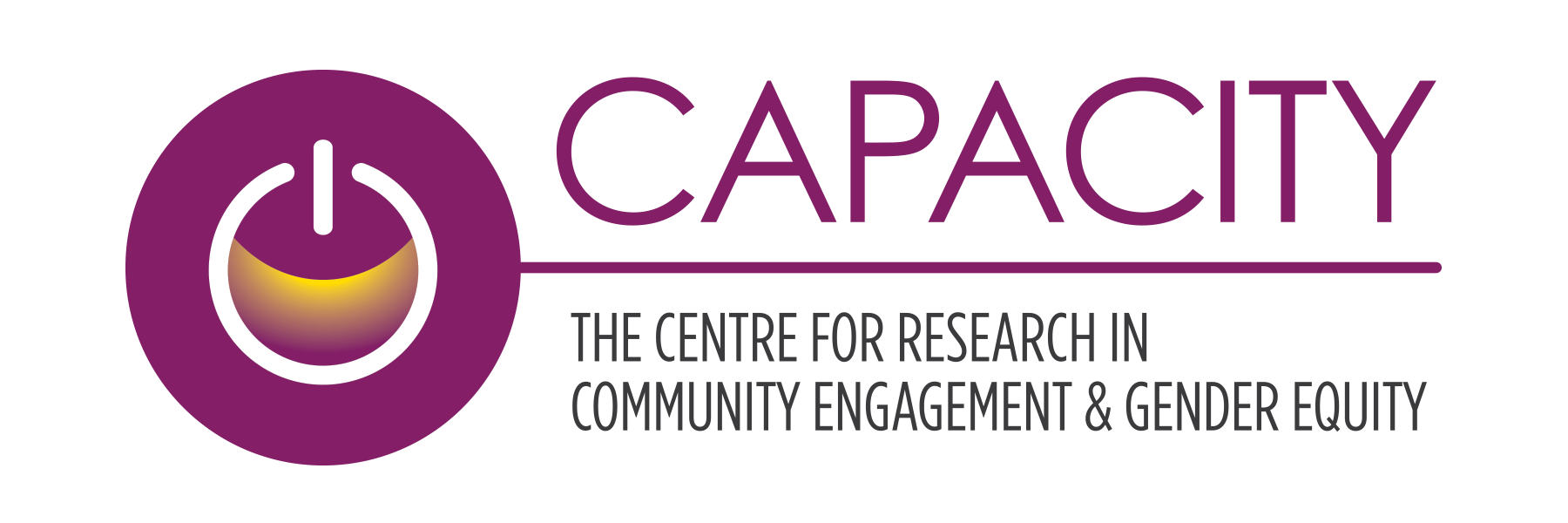Presented by: Dr. Katherine Rudzinski
Date: October 19, 2023 from 12-1pm PST
Room:Online on Zoom Meetings
Note: This presentation was recorded and will be made available on the Capacity website in January 2024
Summary:
In response to the devastating drug poisoning crisis, Canada is piloting safer supply programs (SSPs) which provide individuals who use illicit opioids with an ‘off label’ prescription for pharmaceutical-grade alternatives. Although the main purpose of these programs was to reduce overdose deaths and health-related harms stemming from exposure to toxic ‘street’ drugs, SSPs are having a broader impact. This project investigated the implementation of four SSPs in Ontario through semi-structured qualitative interviews with 27 service providers and 52 program clients. In this presentation, Dr. Katherine Rudzinski will discuss the ways in SSP clients and service providers saw program engagement impacting clients’ reliance on criminalized income-generating activities (e.g., theft and sex work) and their interactions with police and the criminal legal system. Katherine will share some of the broader impacts of SSPs on safety and stability for people who use drugs, including ways SSPs improve social and structural determinants of health (income, food, housing security) and self-identity among program clients.
Presenter Bio:
Dr. Katherine Rudzinski is an adjunct assistant professor and an interdisciplinary postdoctoral research fellow in the School of Social Work, University of Windsor. She is also a postdoctoral research fellow with the Capacity Research Unit, School of Nursing, University of British Columbia and a research associate and sessional lecturer at the Dalla Lana School of Public Health, University of Toronto. Katherine has over 15 years of experience working with and for people who use drugs on various community-based research projects. Her recent research explored the opportunities and challenges of implementing supervised consumption services in healthcare settings, including considerations around funding for harm reduction programs and co-creating a toolkit for client-centred supervised consumption services. Katherine’s current work is focused on examining the women’s experiences of safer supply programs (SSPs) in Ontario using an arts-based and theoretically-informed approach to understand how these programs may potentially impact the victimization and criminalization of women.
Click here to view the presentation poster.
Click here to view a recording of the presentation and Q&A session that followed.



